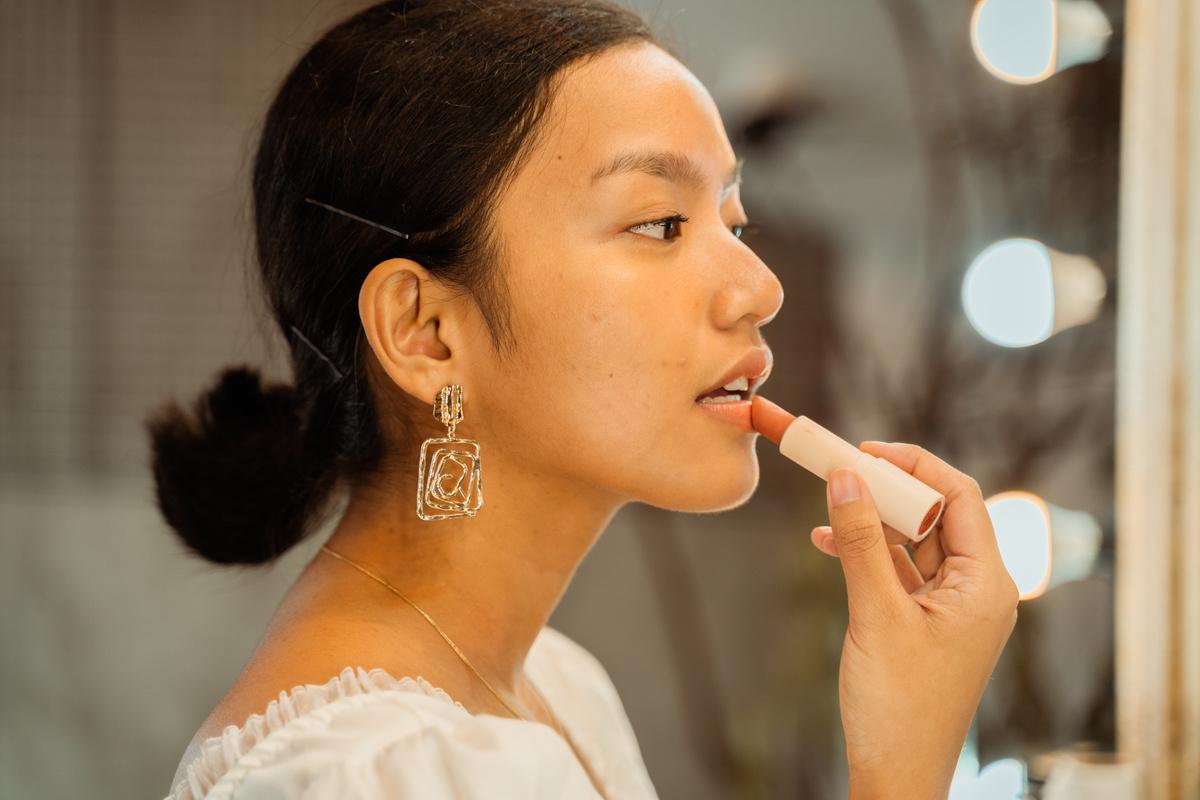False Light
In social media and advertising, various techniques and methods are used to attract attention, subscribers, or potential customers. Sometimes, there is a desire to use the personalities of people, especially famous ones, for these purposes. However, everyone has a fundamental right to privacy.
Although there are restrictions and exceptions, this right is important, and there are both criminal and civil sanctions for people and businesses who violate someone else’s right to privacy. One of the common types of invasion of privacy is false light and appropriation. It constitutes a cause for action and may result in serious consequences for the company, which means you should be careful and avoid it. It is a depiction of someone in words or pictures as something they are not. It’s like slander or libel but differs in that a person doesn’t need to prove harm, but only to show that the statement was offensive is enough.
As a result, the individual may claim compensation for the emotional harm caused by the dissemination of misinformation on social media or in advertising. This lack of forethought or ignorance that what was published was a falsehood, however, is not a justification.
Examples
Examples of false light include posting a photo of a person with a misleading caption or caption that does not refer to that person. For example, a post with a photo of a happily married couple with the caption “Divorce and adultery is a problem of our time.” The text may not directly say that one of them has changed or mentioned their names or identities, but this may offend these people and cause a court case. In such cases, unscrupulous advertisers often use celebrity couples’ photos. Another example is the use of a standard photo of a random person to illustrate a sensitive subject.
For example, an image of a random photo with a company in an advertising banner for a center for helping victims of violence. These people may be perceived as rapists, which is offensive to them, and they may sue the company. Using a self-taken photograph in an ambiguous context. For example, publishing a dark photograph that can identify a particular person advertising a drug addiction treatment center could lead to that person being perceived as a drug addict, which could be offensive to him, and he would sue the company.



Appropriation
Appropriation is a type of violation of privacy as well. A person can be sued if his name, looks, or any personal aspect of his identification is utilized without his permission.
Examples
Another example is using recognizable attributes of a person, such as tattoos, without their consent to advertise a tattoo parlor. Using the name and personal details of another individual for professional purposes is also considered appropriation, particularly common on social media. It violates human rights and may also damage his reputation.



Precautions That Must Be Taken
Be careful what you use to illustrate your work. Always be careful to check all your facts. Document the support you provide for all information you publish. Statements that appear harmless or harmless to you may offend the reader and lead to legal action if they are false.
When working on the Internet, pay special attention to the formatting of publications. Make sure your post isn’t reformatted in a way that creates an unwitting juxtaposition of images and stories that creates an unintended tint.
References
Girasa, R., & Scalabrini, G. J. (2022). Critical issues arising from current and emerging technologies. Regulation of Innovative Technologies, 87-114. Web.
Le Morvan, P. (2018). Information, privacy, and false light. In A. E. Cudd & M. C. Navin (Eds.), Core concepts and contemporary issues in privacy (pp. 79- 90). Springer.
Moore, R. L., Murray, M. D., & Youm, K. H. (2021). Media law and ethics. Routledge.
Pardue, B. T. (2021). You are not a commodity: A more efficient approach to commercial privacy rights. Washington Law Review, 96, 1567.
Schonsheck, J. (2018). The unrelenting darkness of false light: A Sui Generis tort. In A. E. Cudd & M. C. Navin (Eds.), Core concepts and contemporary issues in privacy (pp. 79-90). Springer.